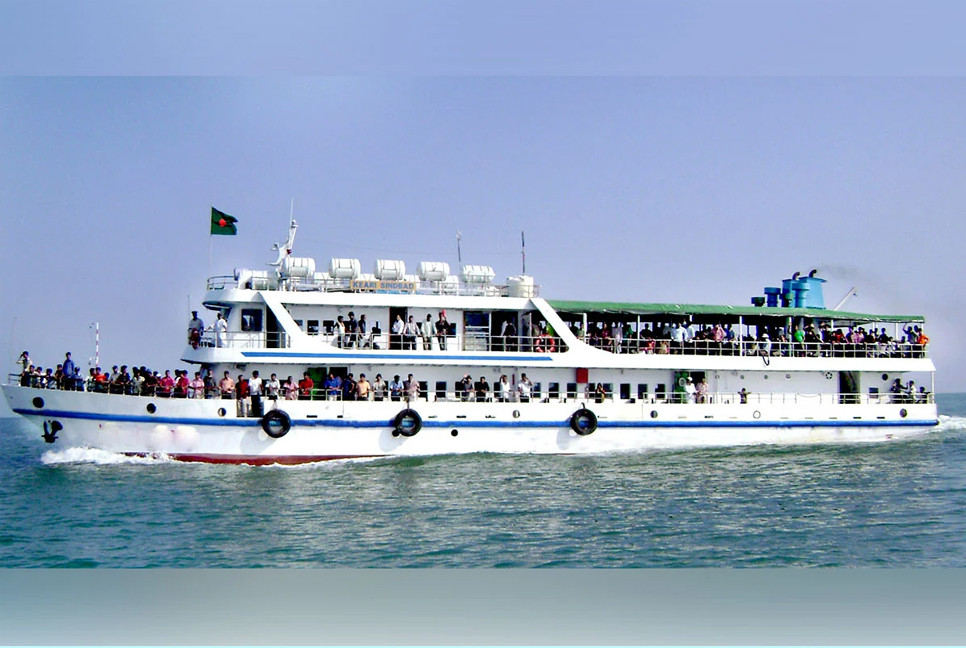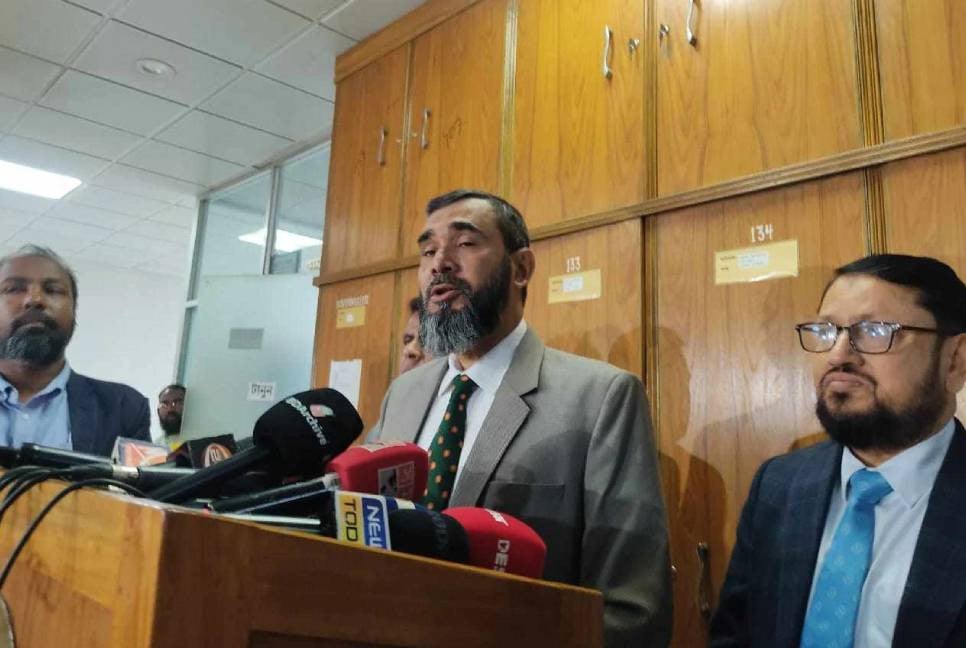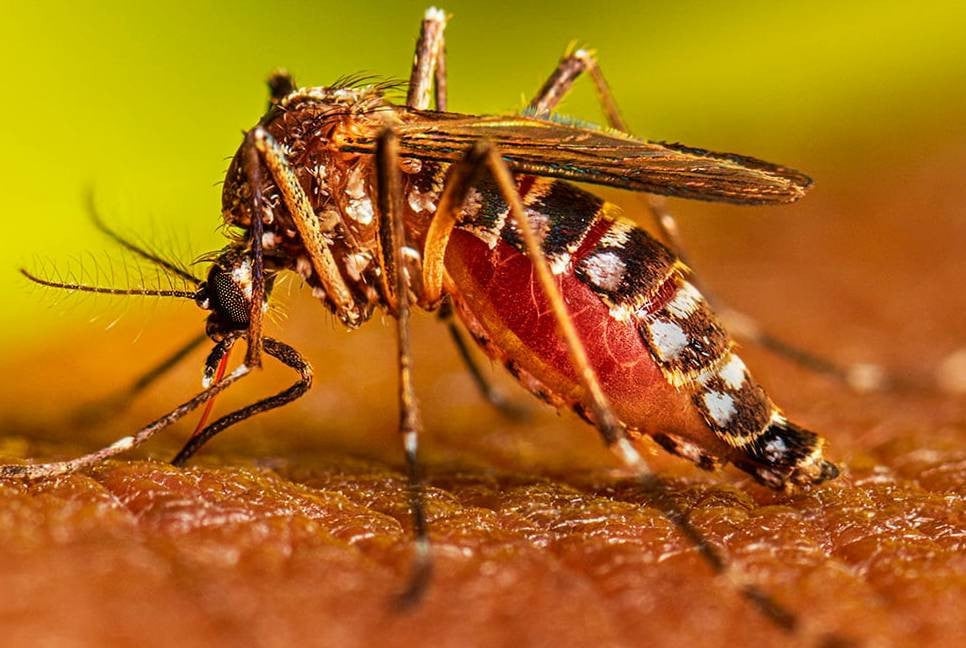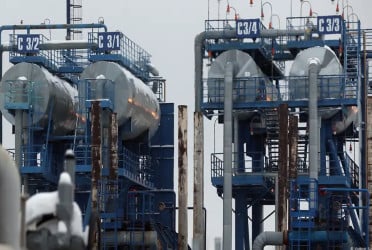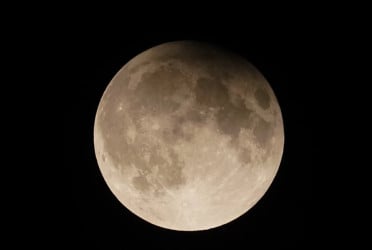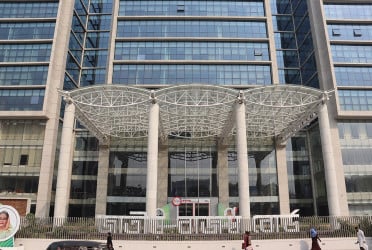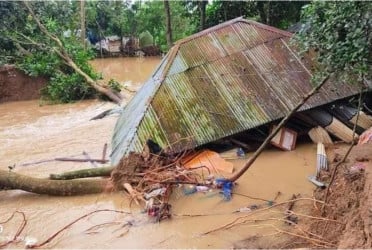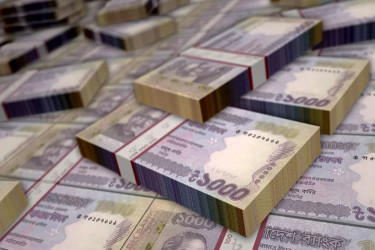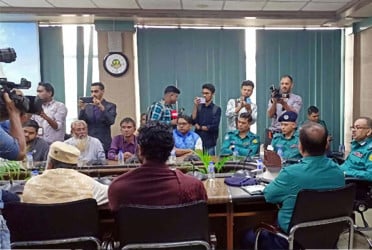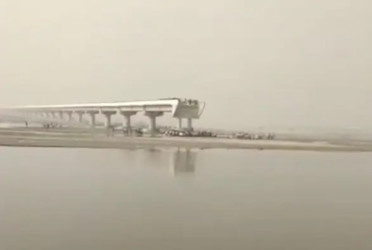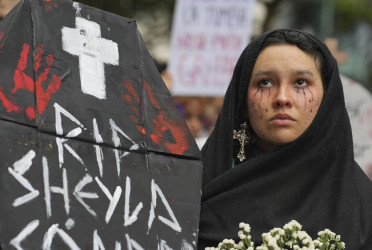Despite the peak of the Hilsa season, the supply of the prized fish has not increased at Chandpur's renowned "Boro Station Fish Landing Center", reports UNB.
Consequently, the price of Hilsa from the Padma-Meghna rivers remains steep in both wholesale and local markets, with prices reaching Tk 1,700 per kilogramme.
The bustling fish landing center saw traders busy on Monday as Hilsa and other fish were packed and shipped to various districts across the country, often through online orders. Trucks delivered Hilsa from regions like Noakhali, Hatiya, Bhola, Lakshmipur, Char Fasson, and Barguna, where the fish were swiftly sold at wholesale prices.
Shabebarat Sarker, the general secretary of the local Fish Traders Association, mentioned that approximately 100 traders are operating in the area. Fishermen docking their boats along the Dakatia River are selling their catches from the Padma and Meghna rivers, but they report a disappointing haul this season.
Fishermen Musha Patwary and Solaiman noted that despite loans taken for nets and boat repairs, their Hilsa catch remains low, even during the peak season. However, the current high prices are a relief for them as they prepare for the upcoming fishing ban meant to protect mother Hilsa. Yet, there is concern about repaying loans under these uncertain conditions.
Local buyer Ibrahim Khalil shared that he purchased Hilsa to send to relatives in Dhaka, but with prices ranging from Tk 1,600 to Tk 1,700 per kg, buying in larger quantities is difficult. Similarly, SM Shaheen, a tourist from Narsingdi, expressed his surprise at the high prices, having expected better deals in Chandpur, a region famous for its Hilsa.
Delwar Hossain Bepari, a manager at Bhai Bhai Fish Wholesale, acknowledged a slight increase in local Hilsa supply but noted that prices have not eased. The market also offers other fish varieties, including poa, shrimp, and locally farmed fish.
Omar Faruq, a manager at Messrs Mizanur Rahman Kalu Bhuiyan Wholesale, compared the current situation to last year, stating that their daily Hilsa intake has dropped from 1,500-2,000 maunds to just 500-700 maunds this year.
Smaller Hilsa fish are selling for Tk 30,000-35,000 per maund, while medium-sized fish (700-800 grammes) are priced at Tk 1,100-1,200 per kg. The largest Hilsa, weighing over 1 kg, is being sold for Tk 2,000-2,100. Hilsa from southern districts like Hatiya is slightly cheaper by Tk 100-200 per kg.
Bd-pratidin English/Tanvir Raihan






